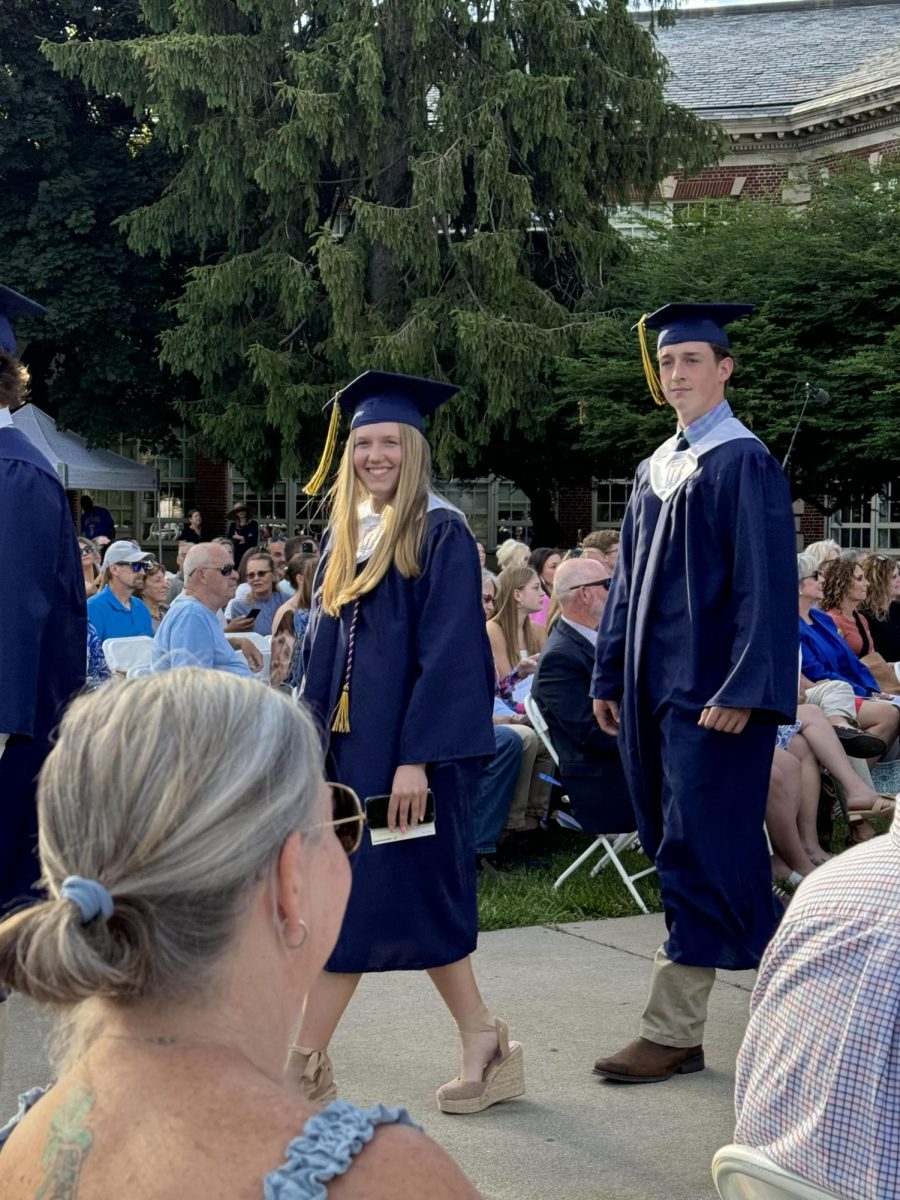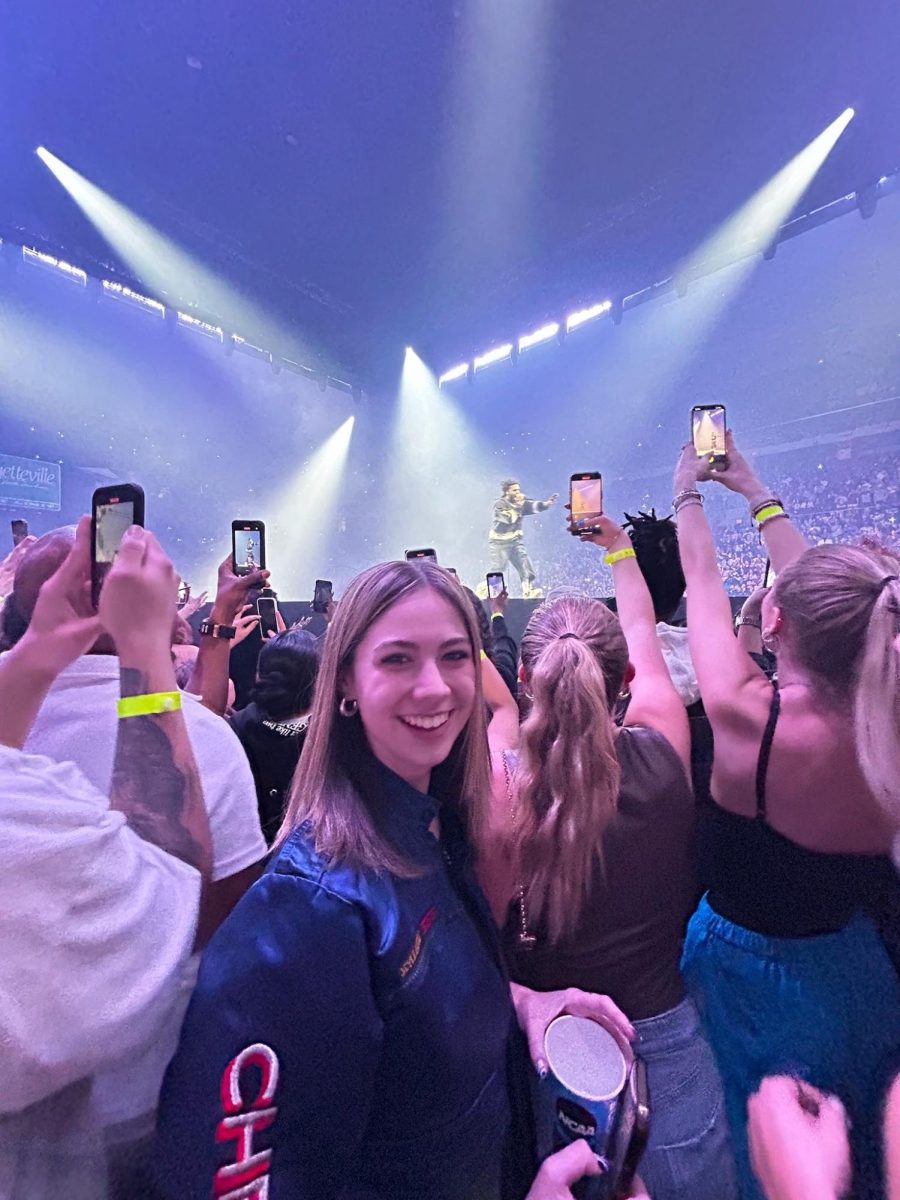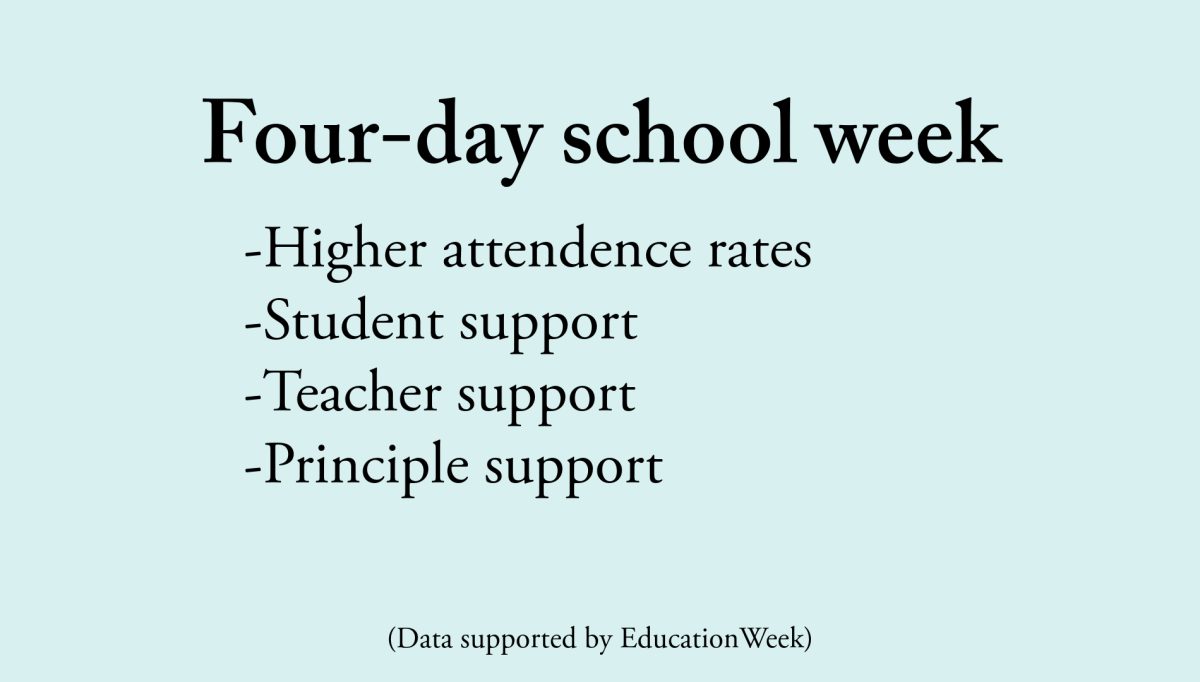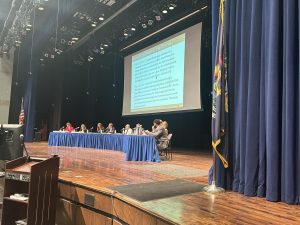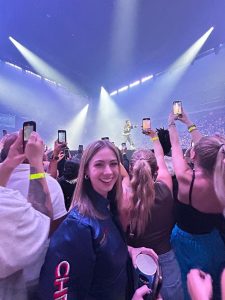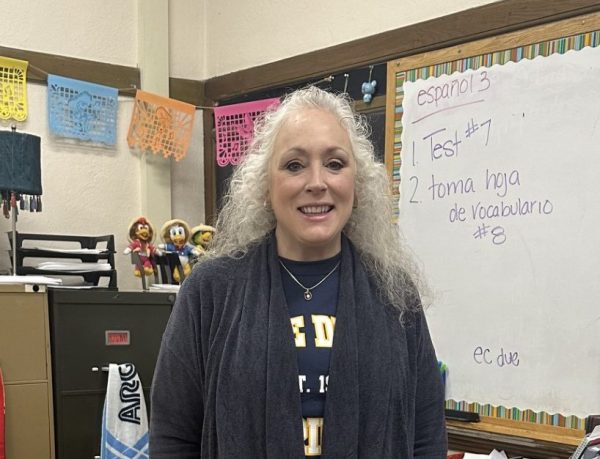“Bring Your Own Device” policy uses tech as a teaching tool
February 5, 2020
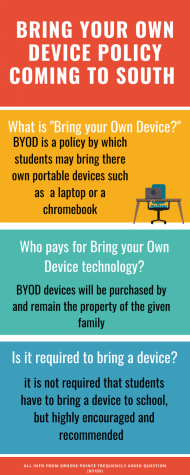
The bring your own device policies first introduced in the middle schools will now become part of everyday life at South starting next year.
Personal devices such as Chromebooks will be required for classes to enhance learning and provide students with more opportunities through technology usage.
“Infusion of technology has become prevalent especially over the last five years and we have to find ways to enhance our curriculum, and if technology will enhance our curriculum, then that is an application we will support,” Hamka said.
Students will now be able to take notes on computers instead of the traditional way of taking notes on paper, according to Hamka.
“Some students might still prefer pencil and paper, but this just opens more possibilities and allows teachers to embed technology where it can enhance the curriculum,” Hamka said.
Now that our district is using a new learning management system, it makes more sense for students to be able to bring devices to the classroom, according to director of instructional technology, Christopher Stanely.
“With the passing of the bond in November of 2018, the district is also upgrading its wired and wireless network so students can use their devices easily,” Stanley said.
According to Hamka, devices will be available for students unable to purchase one.
“We are still working out the details but we will either have a media center where students will be able to check out a laptop or have a certain number of computers in each classroom,” Hamka said.
With students now being able to bring laptops to school, phones will be out of sight during class time, according to Hamka.
“Many schools who have this policy have also banned cell phones,” Hamka said. “We are looking for where it overlaps so we can have the right balance in our school.”
According to Hamka, devices brought in should have a screen that is 10” or bigger and include a keyboard.
“A phone would not meet these standards but something like an iPad with a keyboard would be allowed but computers are encouraged,” Hamka said.
According to Hamka, students, teachers, and parents have mostly shown positive support for the new policy. Students like Lily Lenhard ‘22 also show support for this new policy
“I think having this new policy will make it easier for students to learn and stay organized,” Lenhard said.
The goals are to make learning more flexible and increase mobility, according to Hamka.
“The focus will never be 100% technology, 100% of the time, there will be a balance,” Stanley said.

